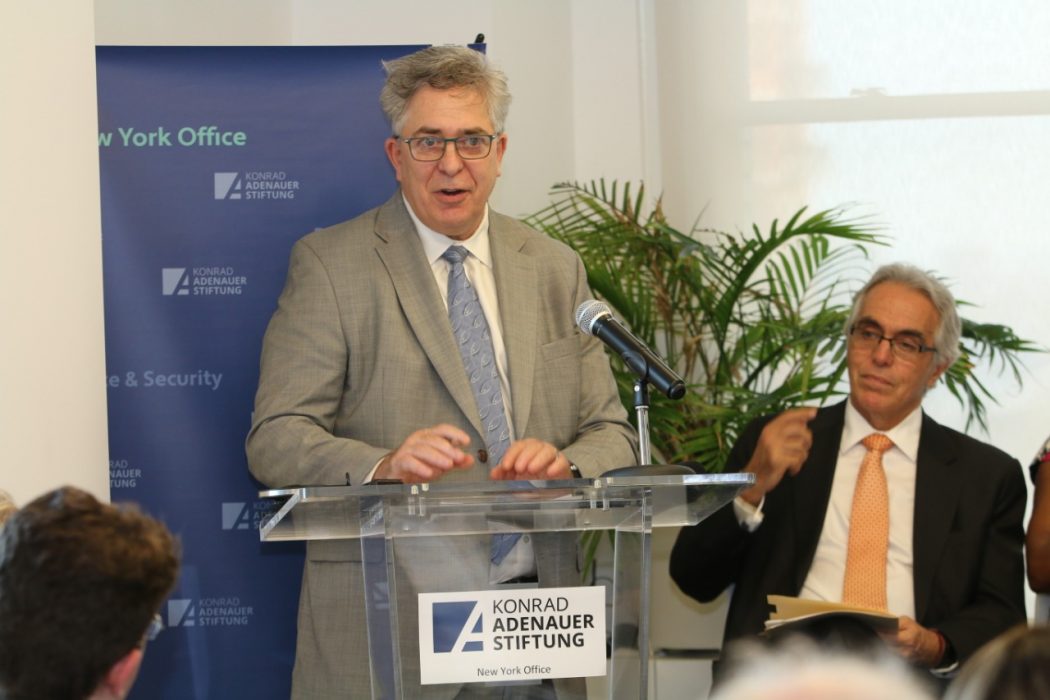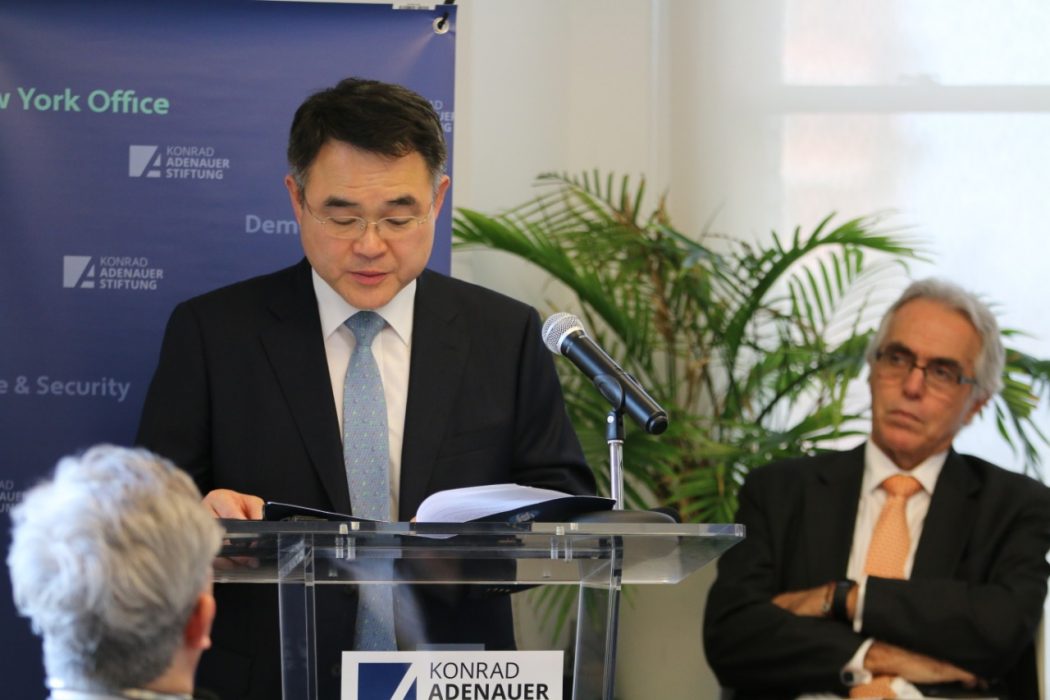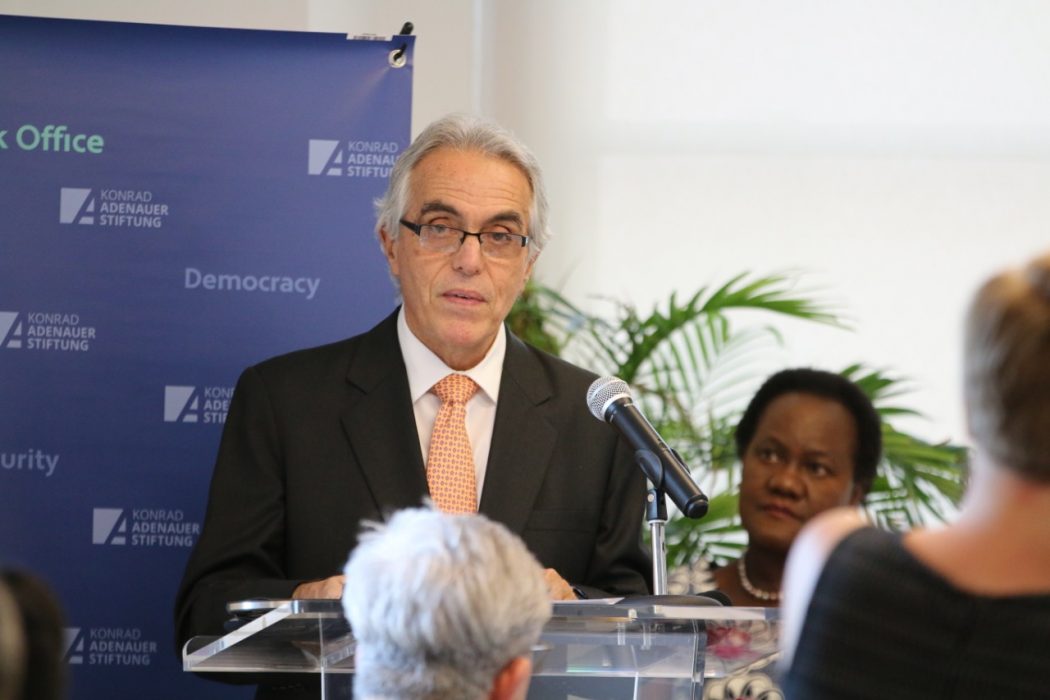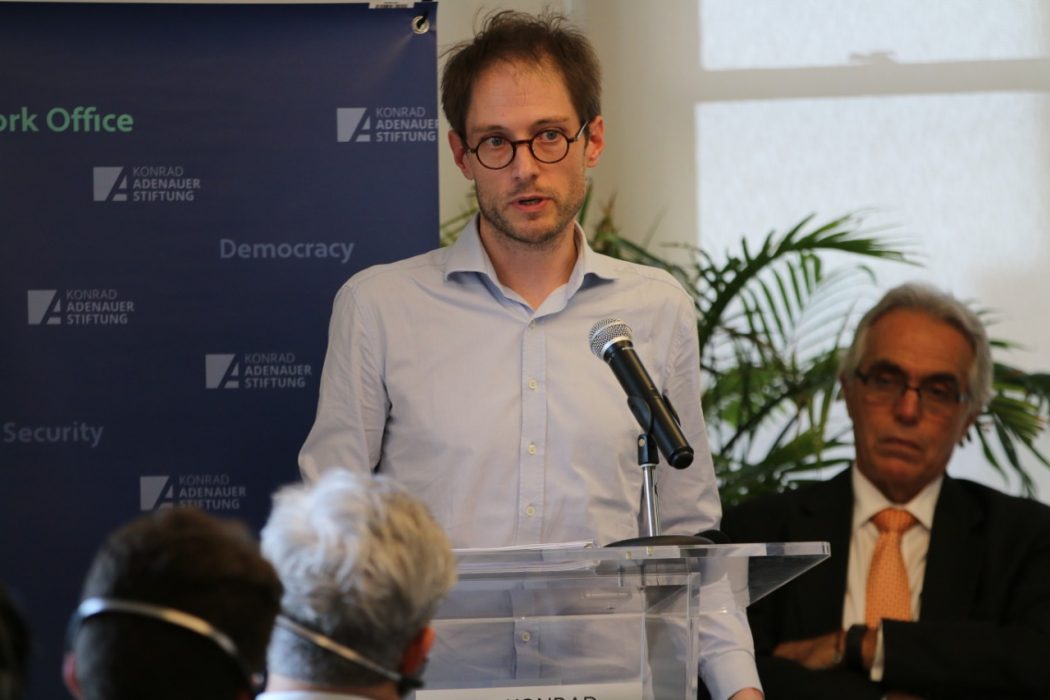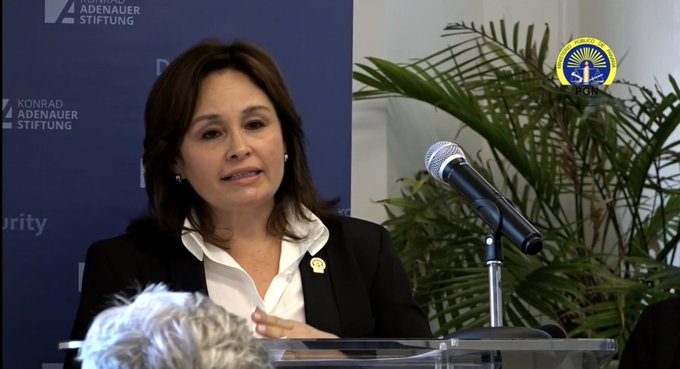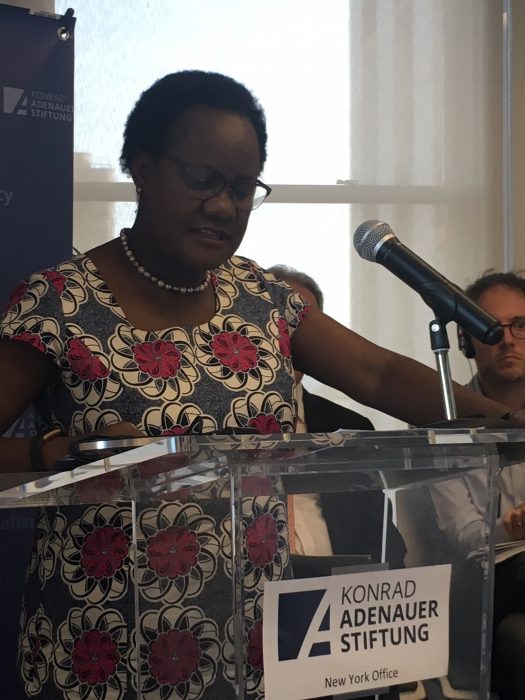Public prosecutors play a key role in the criminal justice system and are among its most powerful officials: they determine whether to divert a case, which crimes to charge, whom to charge and prosecute, whether to ask for pretrial detention, and whether to negotiate and offer concessions to obtain a conviction without a contested trial. Despite their prominent role in the legal system, remarkably little attention has been paid to the need to secure the independence of prosecution services, particularly chief prosecutors.
Yet, a legal system based on respect for the rule of law requires not only independent judges, but also professional, independent and impartial prosecutors, willing to open an investigation, file criminal charges and prosecute suspects. Independence of prosecutors means they are free from unlawful interference in the exercise of their duties. Under undue influence, a prosecutor may decide to prosecute a case where there is insufficient evidence or on the basis of improperly obtained evidence. Undue influence may also lead a prosecutor to decide not to prosecute a case which ought to be prosecuted. These decisions jeopardize the fairness and the credibility of the administration of justice and consequently undermine the rule of law. The independence of prosecutors has an internal and external dimension. Prosecutors must be protected from political interference: their independence helps ensure that governments, public administrations and individuals are held to account for their actions. But they also must be protected from corrupt practices by organized crime, or other actors.

